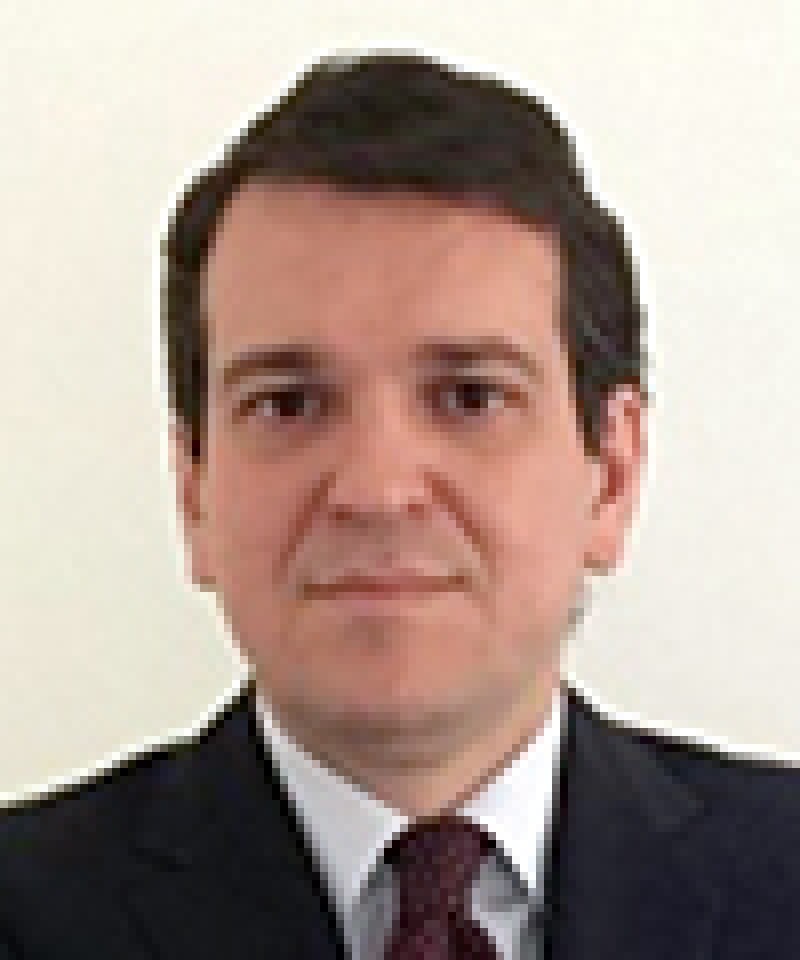
|

|
|
Aurelio Massimiano |
Nicola Saccardo |
Law No. 208 of December 28 2015 (Stability Law 2016) has further improved the Italian patent box regime, which was introduced a year earlier by the Law No. 190 of December 23 2014.
The patent box regime, based on the OECD nexus approach, is optional, irrevocable for a five-year period, renewable and provides for a 50% (30% for 2015 and 40% for 2016) exemption of the income derived from the exploitation or direct use of intellectual property (IP) and full exemption from qualifying gains on IP. Qualifying IP includes software protected by copyright, patents, trademarks, designs, processes, formulas, models and know-how that can enjoy legal protection. The regime can be opted for in relation to each single IP under a cherry-picking approach and, if the IP is directly used by the applicant, is subject to a mandatory ruling procedure.
The Stability Law 2016 has now improved the regime by providing that, if IPs are jointly exploited for the realisation of a product or process, the applicant can opt to treat such IPs as a single asset.
On February 11 2016 the Revenue Agency released statistics on the number of applications for the regime. The statistics confirm the regime's success, with 4,500 applications filed, mainly for trademarks (36%), know-how (22%) and patents (18%).
OECD recommendations have directed Italy to remove trademarks from the scope of the regime after a grandfathering period ending on June 30 2016. This implies that taxpayers can benefit from the patent box regime on trademarks for a (non-renewable) five-year period, provided that they successfully launch the application by June 30 2016. Otherwise, trademarks will not qualify. It is therefore imperative for groups to urgently consider the filing of the application.
Aurelio Massimiano (a.massimiano@maisto.it) and Nicola Saccardo (n.saccardo@maisto.it)
Maisto e Associati
Tel: +39 02 776931 and +44 207 3740 299
Website: www.maisto.it









